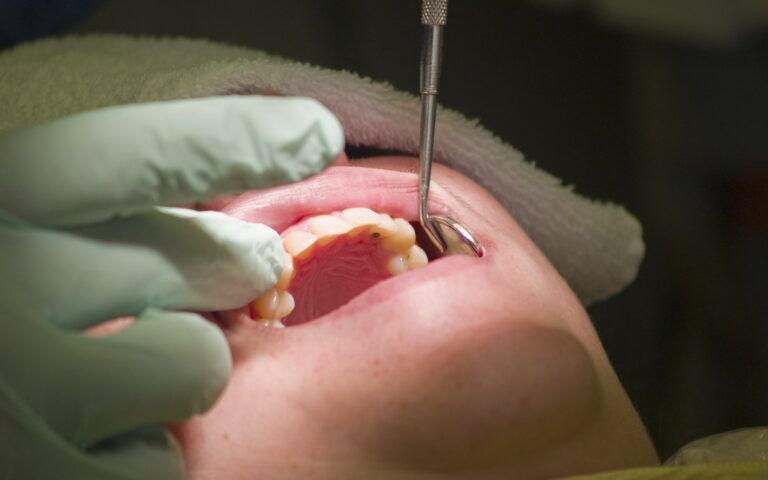Surgical Endodontics: What is it, Symptoms and Treatment

Surgical endodontics blends both oral surgery and endodontics, providing surgical treatments to help save a person’s tooth. When endodontic root canals are unable to provide the treatment needed, surgical endodontics works to provide additional treatment options for people facing more complex problems with their oral health.
Surgical Endodontics: What is it, Symptoms and Treatment
When a root canal is unable to save a tooth, it’s often due to other outside factors that prevent a root canal treatment from being performed. Endodontic treatments often work to provide nonsurgical or conservative treatments for people facing more complex cases, but when root canals are inapplicable, it’s often due to factors such as:
- Calcium Deposits: Calcium deposits are buildups of excess calcium, and they can occur in your tissues, blood vessels, and organs. In teeth, they can occur in the pulp, causing buildups that create bacterial films that can get in the way of performing a root canal treatment and cause further issues with cavities, chronic inflammation, and deep filling issues.
- Infection or Inflammation in Tooth’s Roots: Any sign of inflammation or infection inside the tooth that goes beyond the normal signs of a cavity can greatly interfere with a root canal treatment, especially if the infection runs all the way down to the jawbone. These infections, usually known as abscesses, can affect the supporting bone structures, periodontal ligaments, and soft pulp, leading to a further risk of decay and necrosis.
- Poor Diagnostic Tools: In some cases, endodontists may be unable to determine the root cause of the issue at hand, as tooth pain often presents highly complex scenarios. When their diagnostic equipment, such as x-rays and scans, cannot depict what’s going on with the tooth, opening up the tooth using surgery can be used as a diagnostic tool to help visually determine the cause and how it relates to the patient’s symptoms.
When any of these symptoms occur, surgical endodontics is the next step for treating the affected tooth. Surgical endodontics works to help patients by providing different surgical options for their affected teeth. These treatments include:
- Apicoectomy: Apicoectomies are a type of surgery that works to resection the root ends in order to remove any inflamed or infected tissues within the tooth, including removing the very end of the tooth if necessary.
- Root Repair or Removal: Some surgeries can also be performed to repair or remove the roots entirely if they present unwanted symptoms or are problematic for the patient.
- Intentional Replantation: As a serious surgery, this procedure removes the tooth, treats it for endodontic problems, and then replaces it back into the mouth to allow osseointegration to take place. Osseointegration works to integrate the tooth and mend it back into the jawbone.
Visit University Oral Surgery Center For Surgical Solutions for Your Oral Health
As a practice specializing in oral surgery in Los Angeles, CA, Dr. Ramin Shabtaie and his team can provide the best dental care possible to relieve your dental pain. If you want to learn more about oral surgery options for complex tooth pain, contact University Oral Surgery Center at (310) 208-3471 to schedule an appointment.
